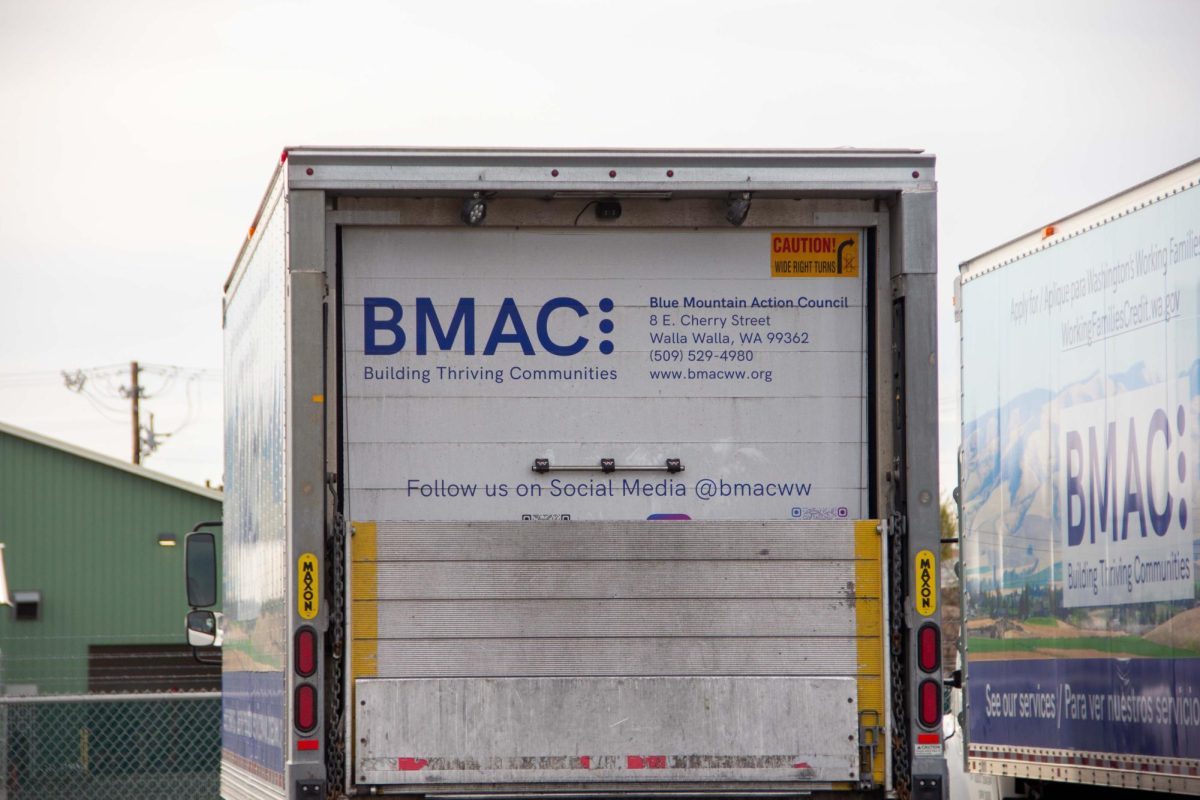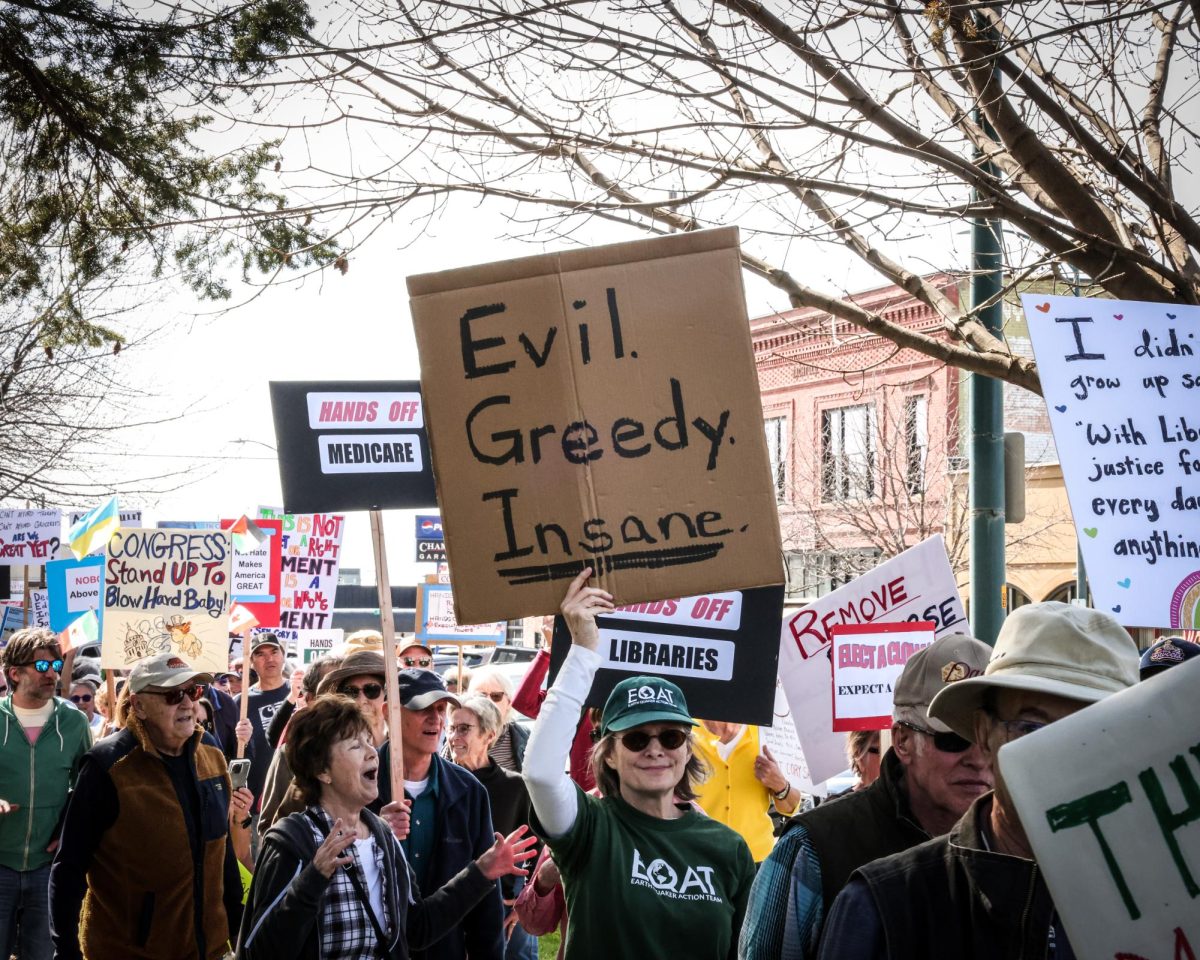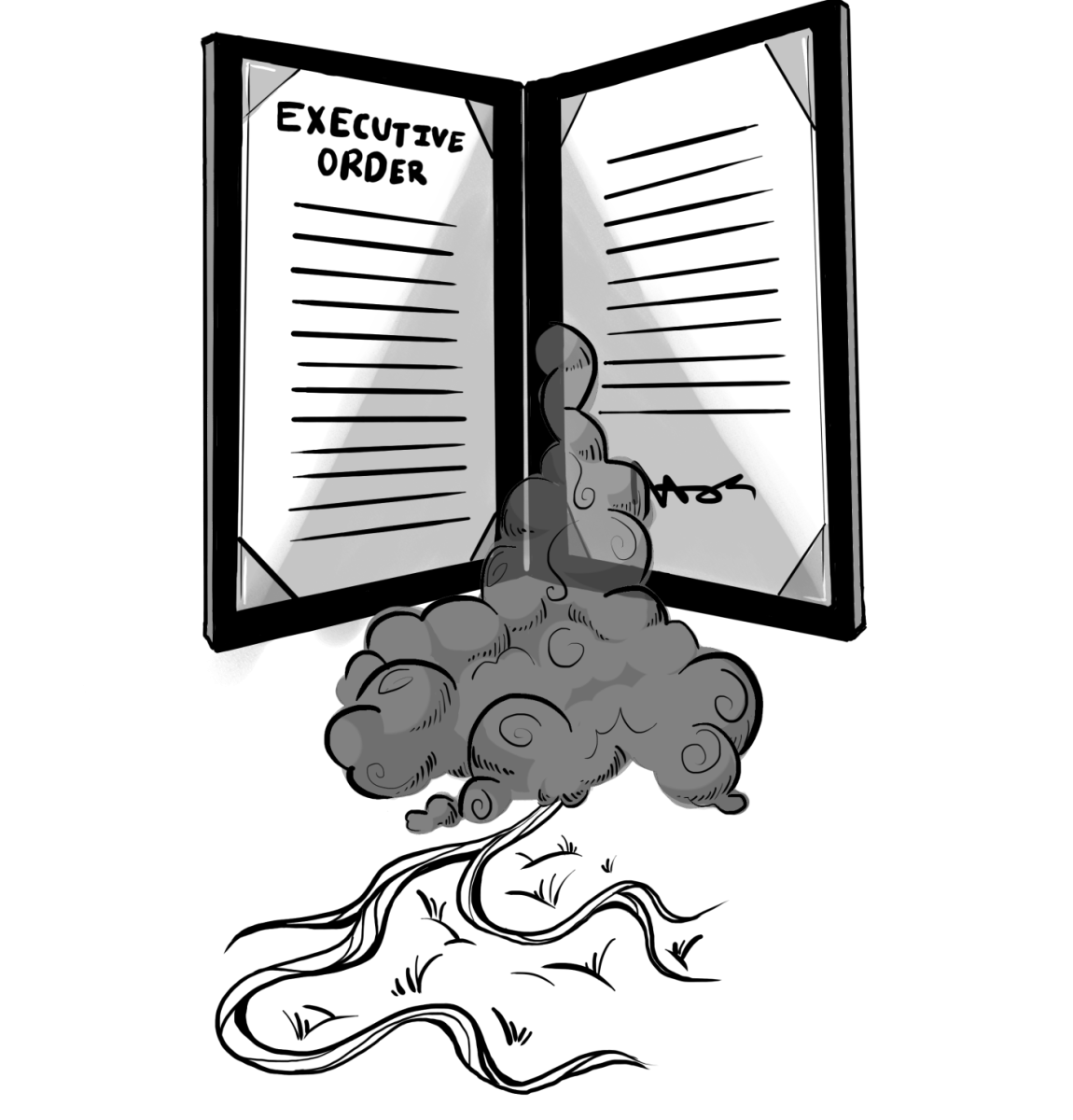The Walla Walla City Council unanimously passed a motion to approve and add Ordinance 2025-01 to the city’s municipal code, setting in motion a long-awaited crackdown on chalking in the city’s downtown area.
The key verdict was reached at a public meeting on Wednesday, Feb. 12 with 22 community members in attendance.
According to the ordinance, individuals who chalk in downtown Walla Walla must erase their chalking by nightfall on the day it is made. Any chalking after nightfall is to be erased by the same time on the next day. Failure to comply would result in a civil infraction, or a small infringement of the law not treated as a crime, punishable by a fine of up to $500. Each location where chalking is not timely removed will be treated as an isolated violation of the ordinance as will each consecutive day that chalking is not removed after its original cleanup deadline.
The ordinance’s passage comes amid what its staff report calls “a continual barrage” of chalked markings on downtown Walla Walla sidewalks in recent years.
Walla Walla City Manager Elizabeth Chamberlain explained that the chalking has harmed the city’s downtown restoration efforts.
“The City of Walla Walla has invested time, resources and personnel to revitalize Downtown Walla Walla over these past thirty years and that investment cannot be unraveled. This long[-] term improvement to downtown encourages private investment, attract[s] and retain[s] businesses and generates customers and visitors to downtown,” said Chamberlain in an email to The Wire.
Though chalking hinders such beautification, it isn’t the sole or central problem; rather, the content of the chalking has been the primary cause for concern. Community members have phoned and emailed the city with frequent requests to begin regulation of chalked hate speech.
Such hate speech has had implications not only for public safety and security but also for the economic vitality of downtown.
“If the perception [is] that visiting Downtown Walla Walla is not a welcome environment, then city and business revenues are impacted,” said Chamberlain.
It has fallen on these same businesses to clean up chalking along with the City, which spent $37,329 on such efforts from 2022 to 2024, according to the staff report.
However, limiting chalking is easier said than done, especially given certain legal considerations of free speech and expression.
City Attorney Timothy Donaldson unpacked this complexity as he described the ordinance at the council meeting. He cited judicial precedent that both protects sidewalk chalking as a constitutional right to freedom of expression and prohibits municipal governments from controlling the content of such chalking — regardless of its message.
“…we cannot come up with a regulation here where we regulate the content of speech,” Donaldson said. “That doesn’t mean, however, that someone has a right to go and mark up a town repeatedly… and leave it for somebody else to clean up and harass them when they do.”
To strike the right balance between free speech and public maintenance, the ordinance regulates the time, place and manner of chalking while remaining content and identity-neutral.
“…you can’t just regulate because there may be a particular segment or particular people who have created this issue… it applies to everyone,” Donaldson said.
During the meeting, several community members spoke in support of the ordinance. However, many had questions and concerns about its enforcement, which will be led by the Walla Walla Police Department, according to Chamberlain.
Dan Calzaretta, a Walla Walla resident, emphasized the need for a comprehensive enforcement plan.
“Unless the city is diligent about enforcing this ordinance, the chalk blight will continue,” Calzaretta said.
He wondered how police would pinpoint and track who chalked and when they did so, as well as if others could file chalking complaints.
Andrea, a community member, raised the question of determining culpability when chalking is affiliated with an organization. She also expressed uncertainty about the target of the ordinance.
“…my concern is that we’re gonna put [an] ordinance for, I assume, one person,” Andrea said, referencing the notorious ‘chalk guy’ to whom many have attributed much of the hate speech chalked on downtown sidewalks in recent years.
In response to enforcement questions, Walla Walla Police Department (WWPD) Chief Christopher Buttice offered insight into the WWPD’s plan of approach. He mentioned likely methods of identifying people who chalk, including already stationed cameras downtown and citizen-submitted photographs.
As Buttice puts it, “gathering evidence is not going to be incredibly difficult. It’s time-consuming, but it’s not impossible.”









